A compromise bill that would ensure the continued support for Ukraine and stricter policies regarding the Southern border has been deemed virtually unpassable by Mitch McConnell, despite Biden’s unwavering support.
Partisan Divide Sinks $118 Billion Border Security Bill

A proposed $118 billion bipartisan Senate bill aimed at bolstering border security and providing foreign aid now faces imminent rejection.
Republicans Pull Out
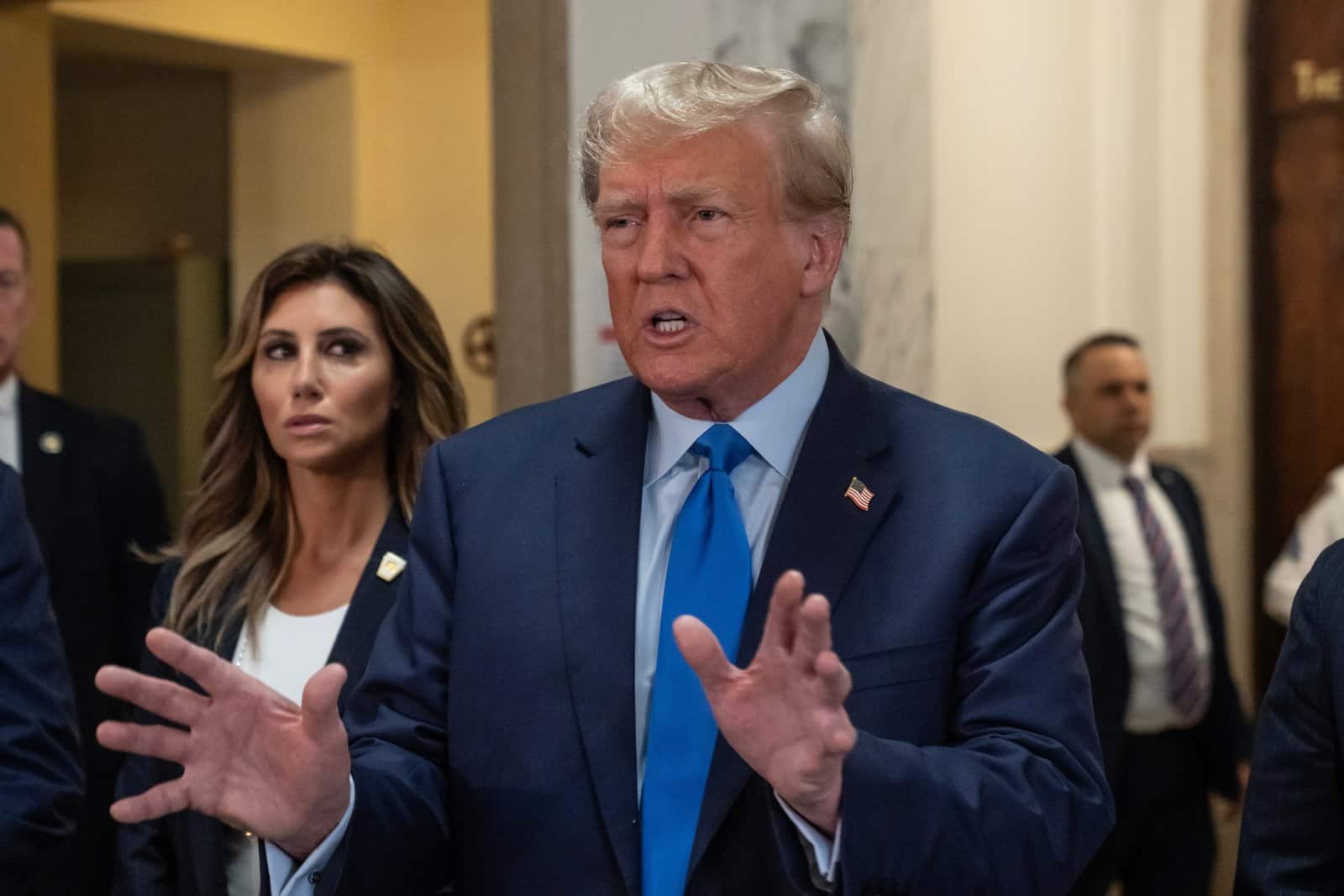
Republican members of the Senate, influenced by Donald Trump, withdrew their support one by one.
Senators’ Efforts Culminate in Contentious Border Bill

Senators Chris Murphy, James Lankford, and Kyrsten Sinema spent the last few months preparing and negotiating the compromise Senate bill.
A Compromise Bill

The bill looks to support the tightened restrictions of the Southern border while at the same time sending increased funding to aid Ukraine.
A Breakdown of the Foreign Policy

The bill includes the promise of an extra $60 billion in military aid to Ukraine, $14 billion for other global conflicts, and $10 billion for humanitarian assistance in Ukraine.
Backing the Compromise

The bill also looks to support border restrictions to keep Republicans happy as well as those who wish to stop Putin’s invasion of Ukraine, which some say could spread if he’s victorious.
Breakdown of Border Policy

The bill promises $20 billion to expand security operations on the border, this comes after a record breaking year for migration to the U.S.
Biden’s Border Clause
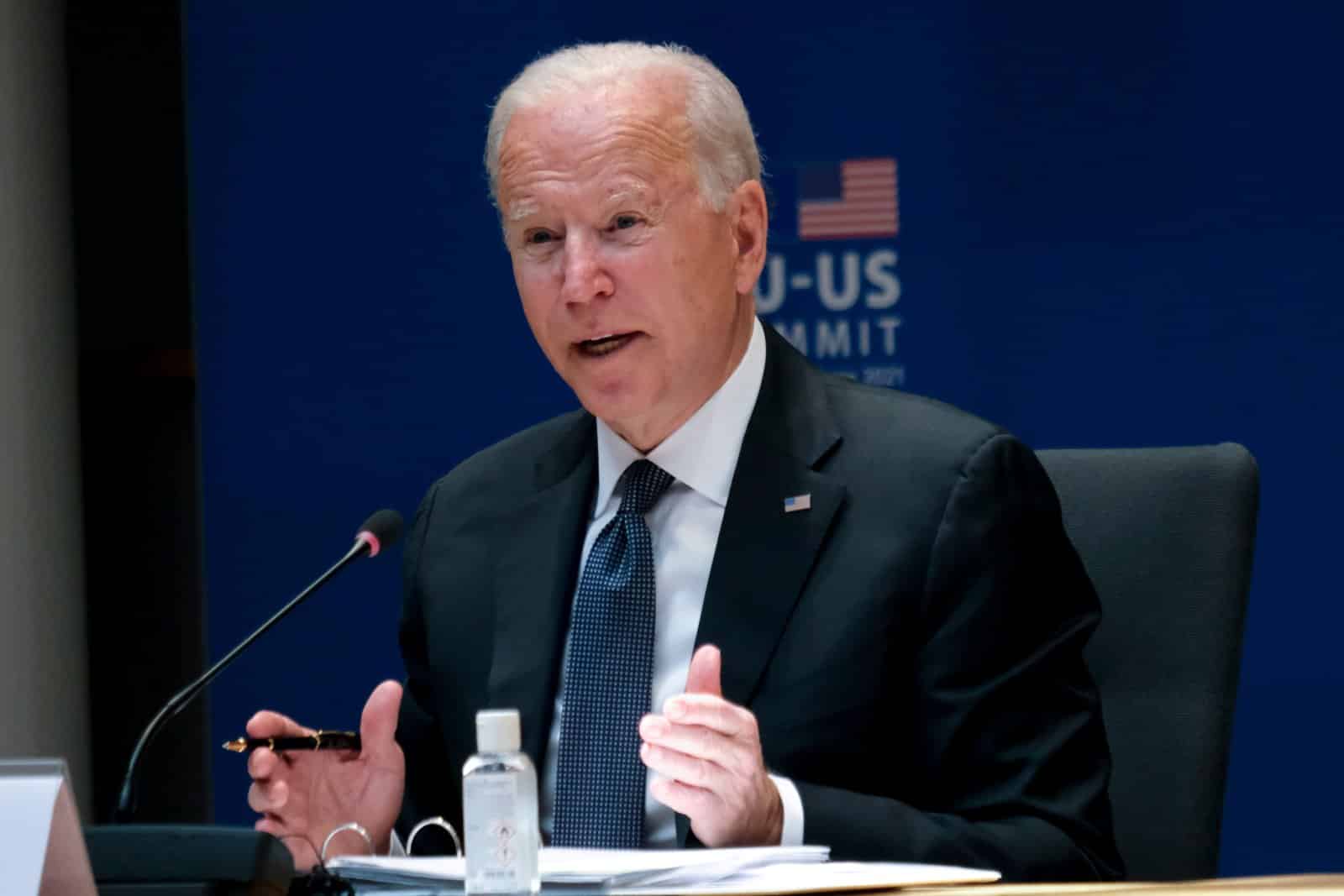
One significant policy gave President Biden the option to completely shut down the border if more than 4000 migrants passed each day.
An Incentive for Republicans?

The President would have no choice on the matter if crossings surpassed 5000 daily. He would have to shut the border down by law.
Deterring China From Invasion

Biden himself has voiced his support, calling for senates to sign it in order to “deter China” from invading Taiwan.
Biden’s Reasons to Sign
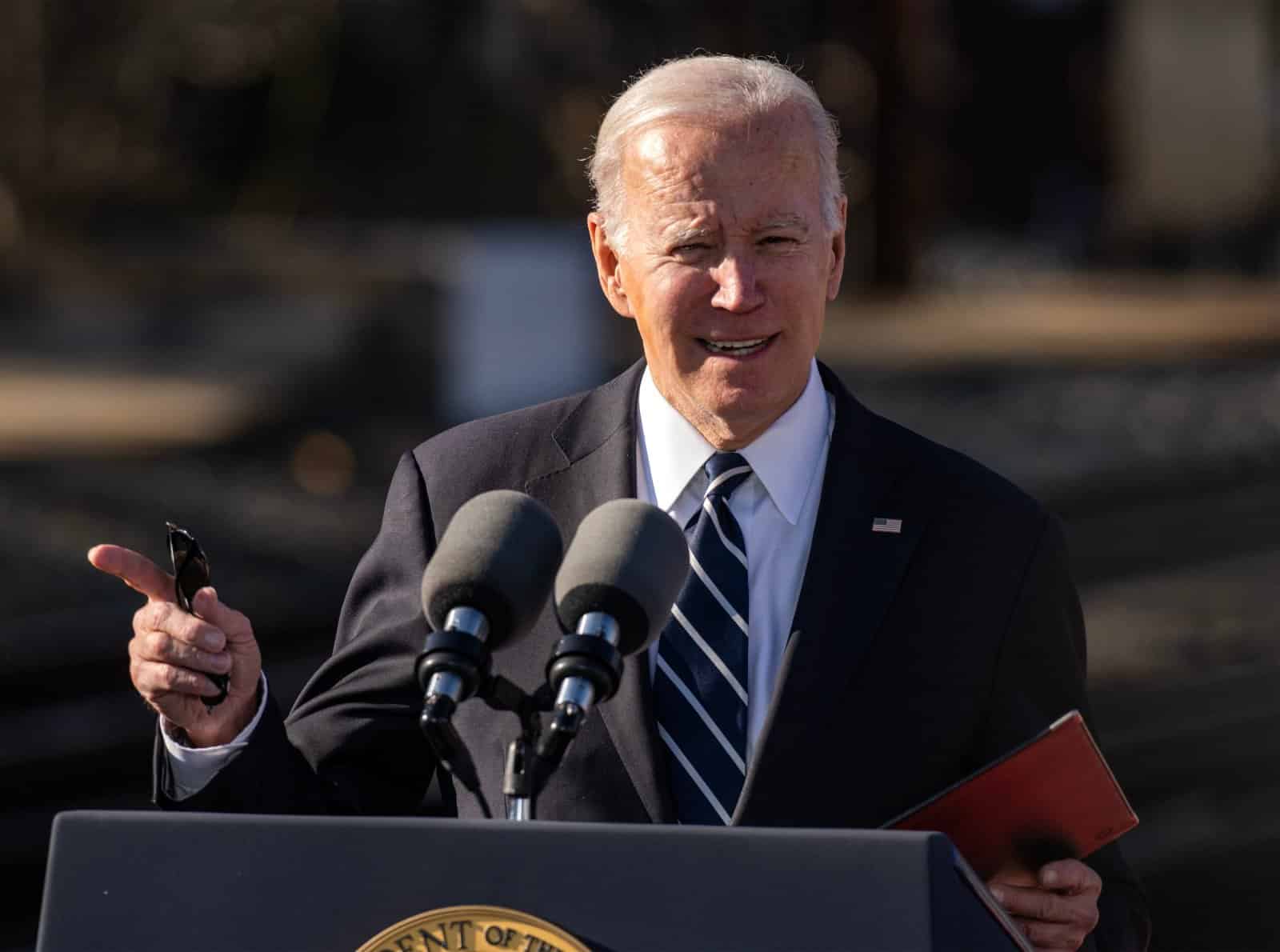
“It will make our country safer, make our border more secure, treat people fairly and humanely while preserving legal immigration, consistent with our values as a nation,” Biden said in a statement.
Trump’s About-Face on Immigration Bill

The deal neared finalization until Donald Trump, a leading contender for the Republican presidential nomination, abruptly opposed it.
Trump’s Influence on House Speaker

Trump’s public criticism influenced others, like Republican House Speaker Mike Johnson, to criticize the agreement.
Speaker Johnson’s “Dead on Arrival” Remark

House Speaker Johnson said that the bill would be “dead on arrival” if it came to his desk, saying he would not support the “open borders betrayal of America.”
Top Democrat’s Response

“When President Trump came along and said he didn’t want to solve the border problem, that he wanted it as a campaign issue, Speaker Johnson obediently changed his tune,” said top Democrat Chuck Schumer.
Republican Opposition Mounts
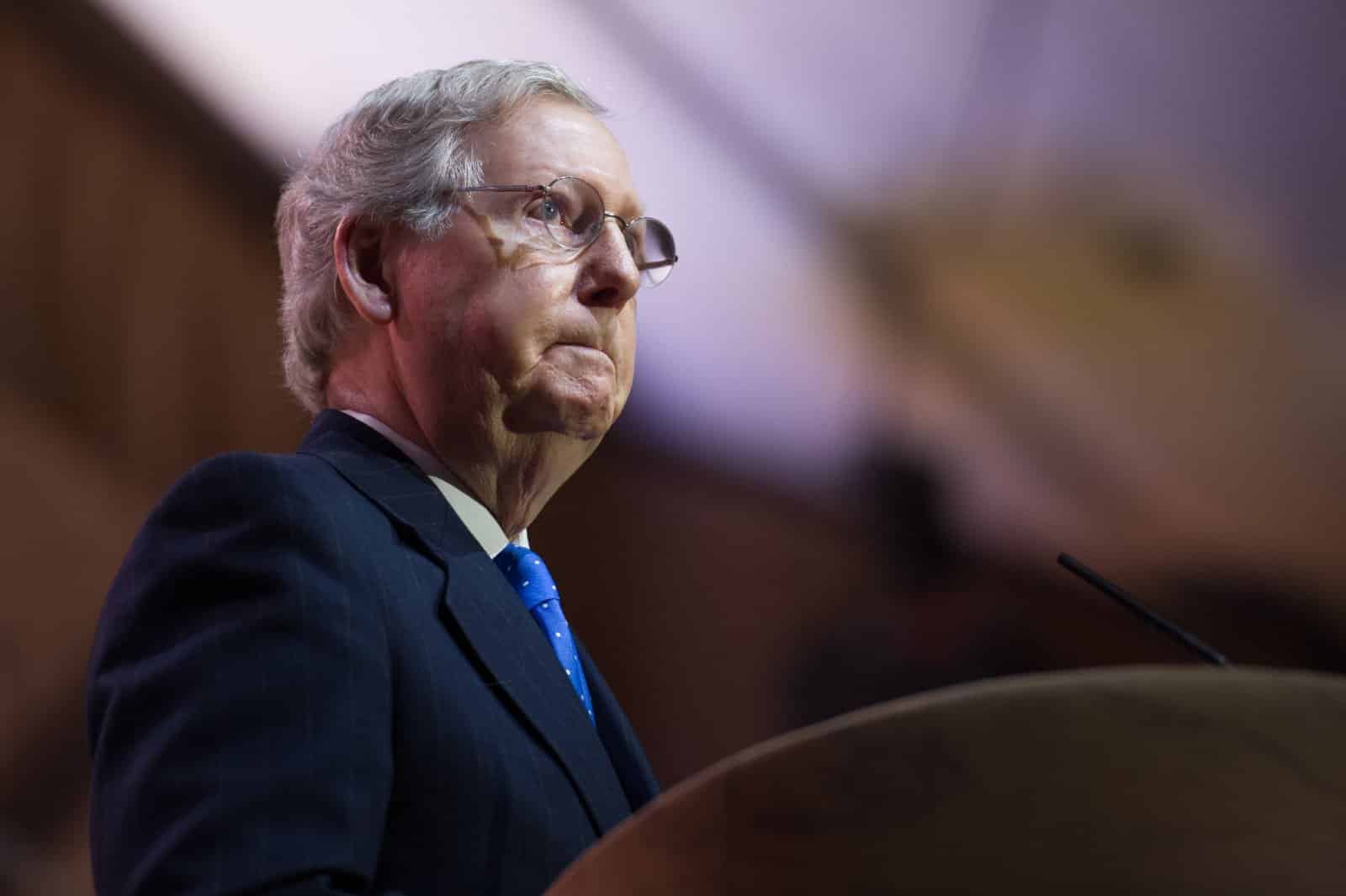
Despite earlier support from Senate Republican Mitch McConnell, growing opposition within the party emerged, leading McConnell to declare the bill virtually unpassable.
McConnell Admits Defeat

“It looks to me, and to most of our members, as if we have no real chance here to make a law,” McConnell admitted.
Failed Attempt to Impeach Homeland Security Secretary
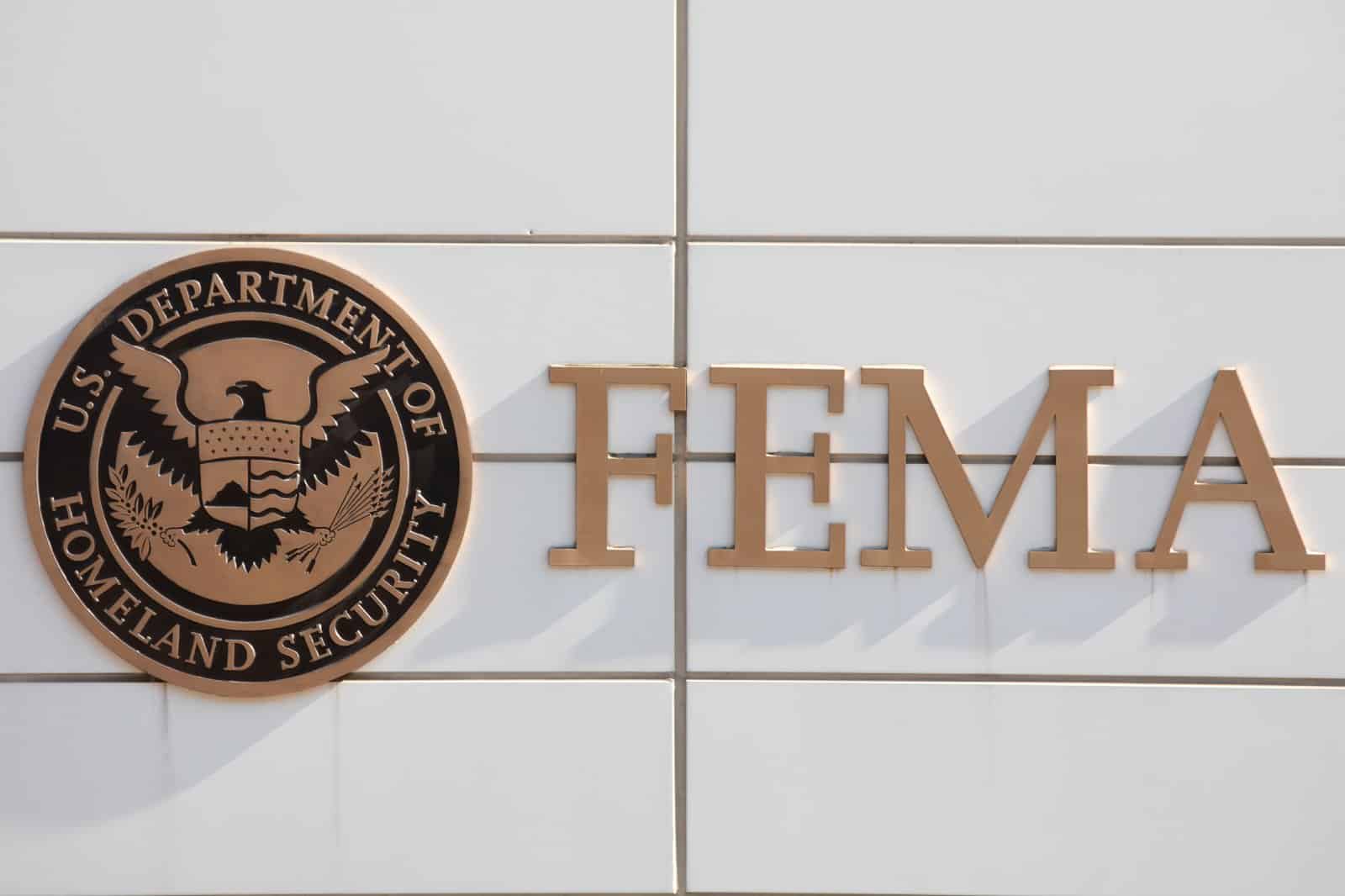
As the fate of the bill became uncertain, the House attempted to impeach Homeland Security Secretary Alejandro Mayorkas, but the measure fell short in a 214-216 vote.
Schumer’s Determination to Move Forward

Undeterred by the setback, Schumer pledged to proceed with a vote on the bill in the Senate despite the growing indications of its likely failure, “We will have a vote tomorrow,” he said.
Divided Senate Move Forward

Despite the bill looking virtually unpassable, the vote will go forward as the divided Senate looks to find a way of keeping everyone happy.
The post Trump’s Criticism Leads to End of $118B Border Security and Foreign Aid Proposal first appeared on Swift Feed.
Featured Image Credit: Shutterstock / lev radin.
The content of this article is for informational purposes only and does not constitute or replace professional financial advice.

